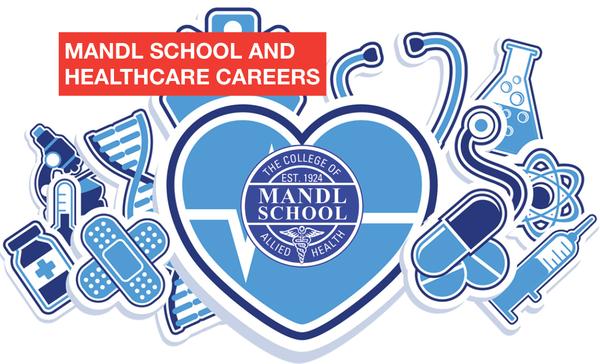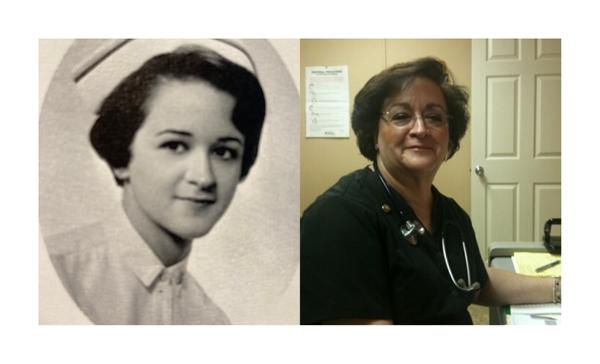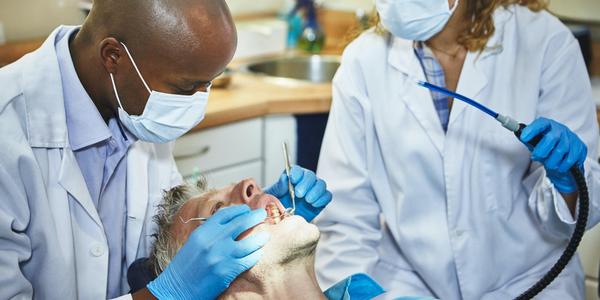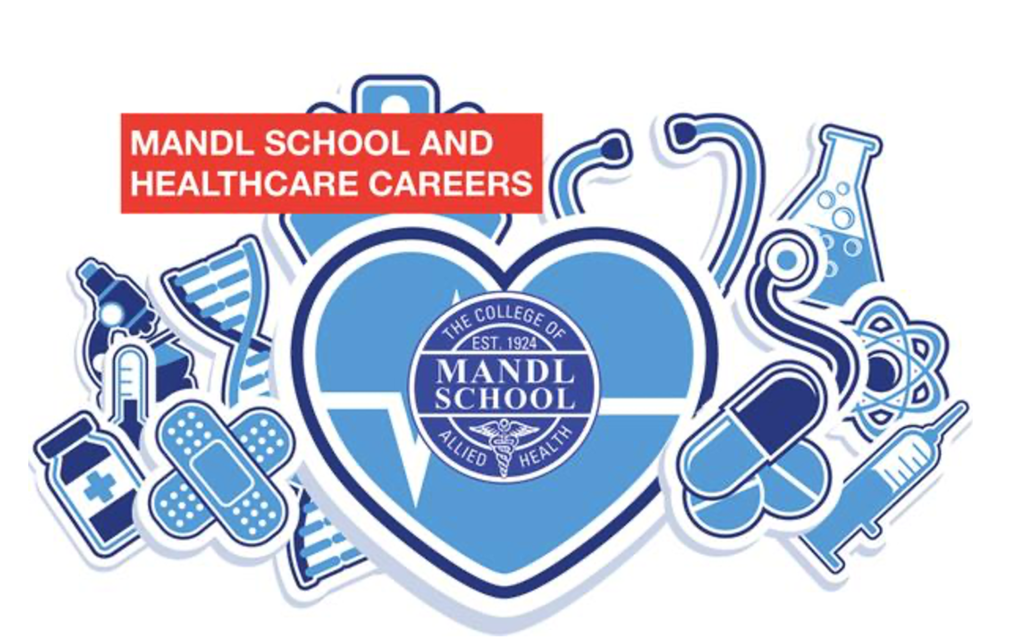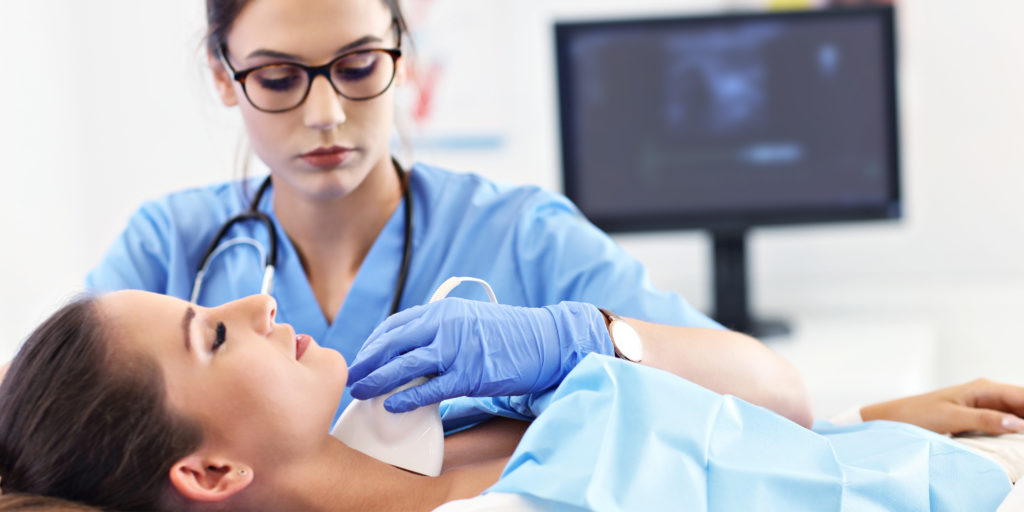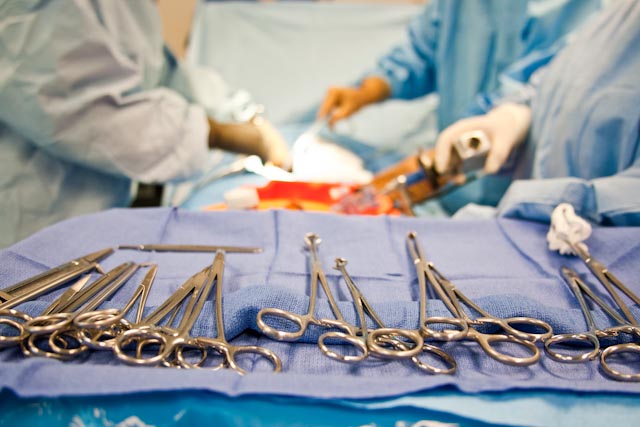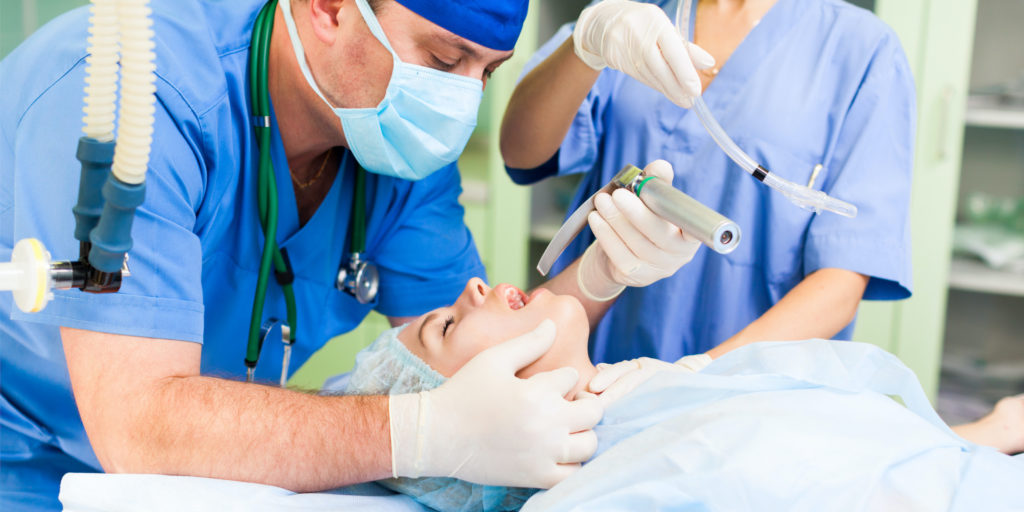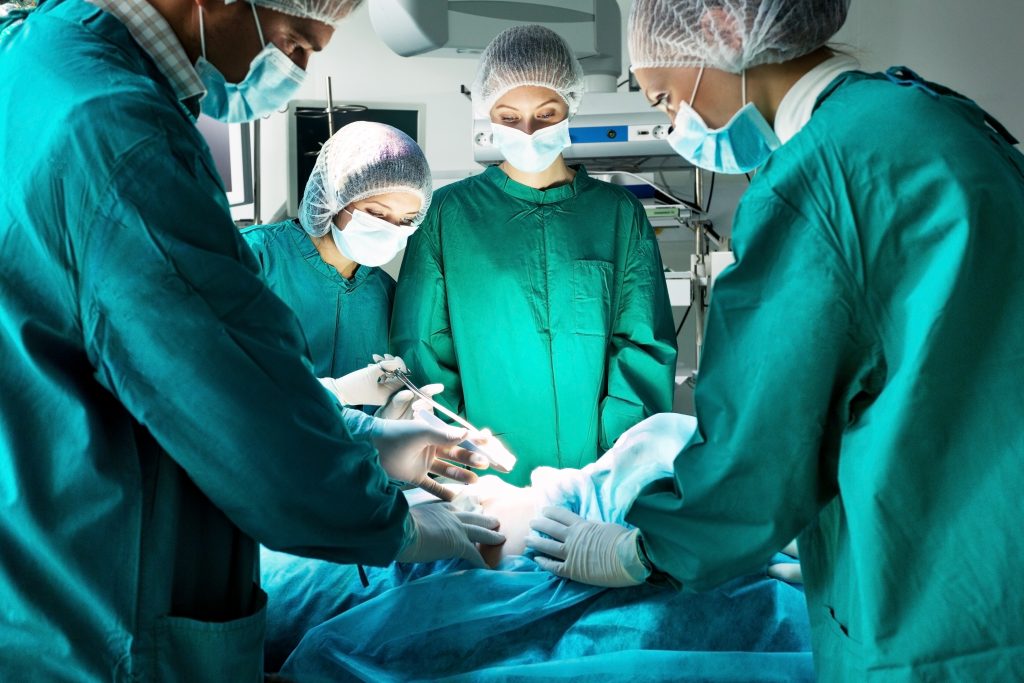Mandl School prepares students for successful careers in the booming health care industry.
By Sarah Lozanova, for Mandl School, The College of Allied Health

Health care professionals are in demand across the United States. It’s predicted to be one of the fastest-growing fields over the next decade.
A career is more than just a job. It’s something many people dedicate 40 hours a week — or more — to for decades. A rewarding career can be an essential component of a fulfilling life and provide financial security. Workers tend to be drawn to the health care industry because they want to help people and contribute to patients’ well-being while earning a living.
With unemployment rates at record highs, it’s important to choose a career path carefully, keeping future demand upon graduation in mind. The Bureau of Labor Statistics predicts that the health care industry will be one of the fastest-growing fields over the next decade. That’s good news for people joining the industry, as growth can lead to abundant career opportunities, more-lucrative positions and greater job security.
Health care professionals are in demand across the United States, so workers can choose from a wide selection of locations and settings. And because the industry is so varied, there are many specialties to learn about and explore.
Mandl School: The College of Allied Health in New York City offers programs in numerous medical specialties. The programs combine classroom learning in midtown Manhattan with real-world experience to prepare students for specific career paths in the medical field. The school offers associate degree and certificate programs that range from 42 to 85 credits.
Here are three unique programs at Mandl School that train students for in-demand, highly sought-after careers.
Ultrasounds are commonly used by health care professionals to diagnose and treat a variety of health conditions. Because ultrasounds are a noninvasive way to identify ailments, their use is widespread. The Bureau of Labor Statistics estimates that the demand for trained sonographers will grow much faster than average.
Mandl School offers a 90-week, 85-credit associate degree to help technicians launch their careers. Students gain extensive knowledge in physics, disease processes, physiology, cross-sectional anatomy and sonographic techniques that are necessary to create ultrasound images. Students can then sit for the American Registry for Diagnostic Medical Sonography certification examination.
These technicians assist doctors and medical staff before, during and after surgeries. As critical members of surgical teams, they help sterilize equipment, transfer patients, clean and dress incision sites, and prepare operating rooms for patients. The job outlook is strong for surgical technologists, according to the Bureau of Labor Statistics.
At Mandl School, the 75-week surgical technologist program consists of 62 credits. Students take coursework in anatomy, physiology, medical terminology, pharmacology, pathophysiology and microbiology. Students then gain specialized skills in logging patients’ vital signs, handling surgical instruments, performing wound care, assisting surgeons and responding to emergencies. Students are then eligible to take the certified surgical technologist exam.
From premature infants to elderly patients with lung disease, a wide range of people have breathing problems. Medical professionals use several different treatment methods for such issues, including chest physiotherapy and aerosol medications. Trained respiratory therapists care for patients with breathing issues, sleep abnormalities and cardiopulmonary disorders, and job opportunities are available in many settings. Demand for trained respiratory therapists is expected to climb over the next decade.
Mandl School’s respiratory therapy program spans 75 weeks and requires 68 credits. Students first take classes in microbiology, psychology, anatomy and physiology. After that, coursework includes learning about cardiopulmonary diseases and respiratory therapies. Graduates of this associate degree program are eligible to take the test to obtain the registered respiratory therapist credential.
Mandl’s programs, which also include Medical Assisting, Dental Assisting, Health and Human Services, and Healthcare Administration are professionally oriented to help ensure student success. Small classes and experiential learning help open career doors in a variety of settings. Now is an excellent time to explore a career with a strong job outlook upon graduation.
For more information about health care-related programs at Mandl School: The College of Allied Health, visit mandl.edu.
See the full article in:
THE USA TODAY
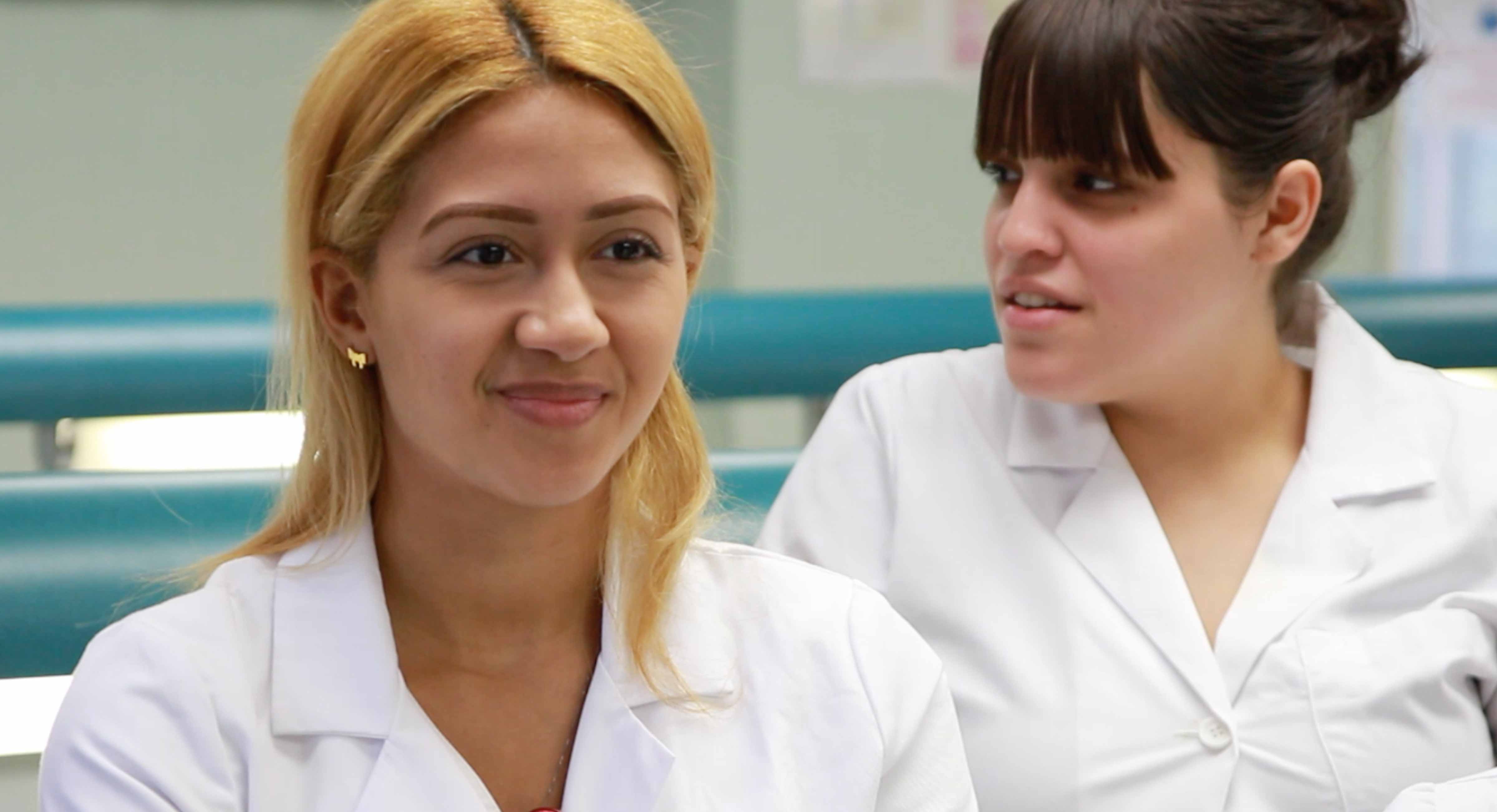
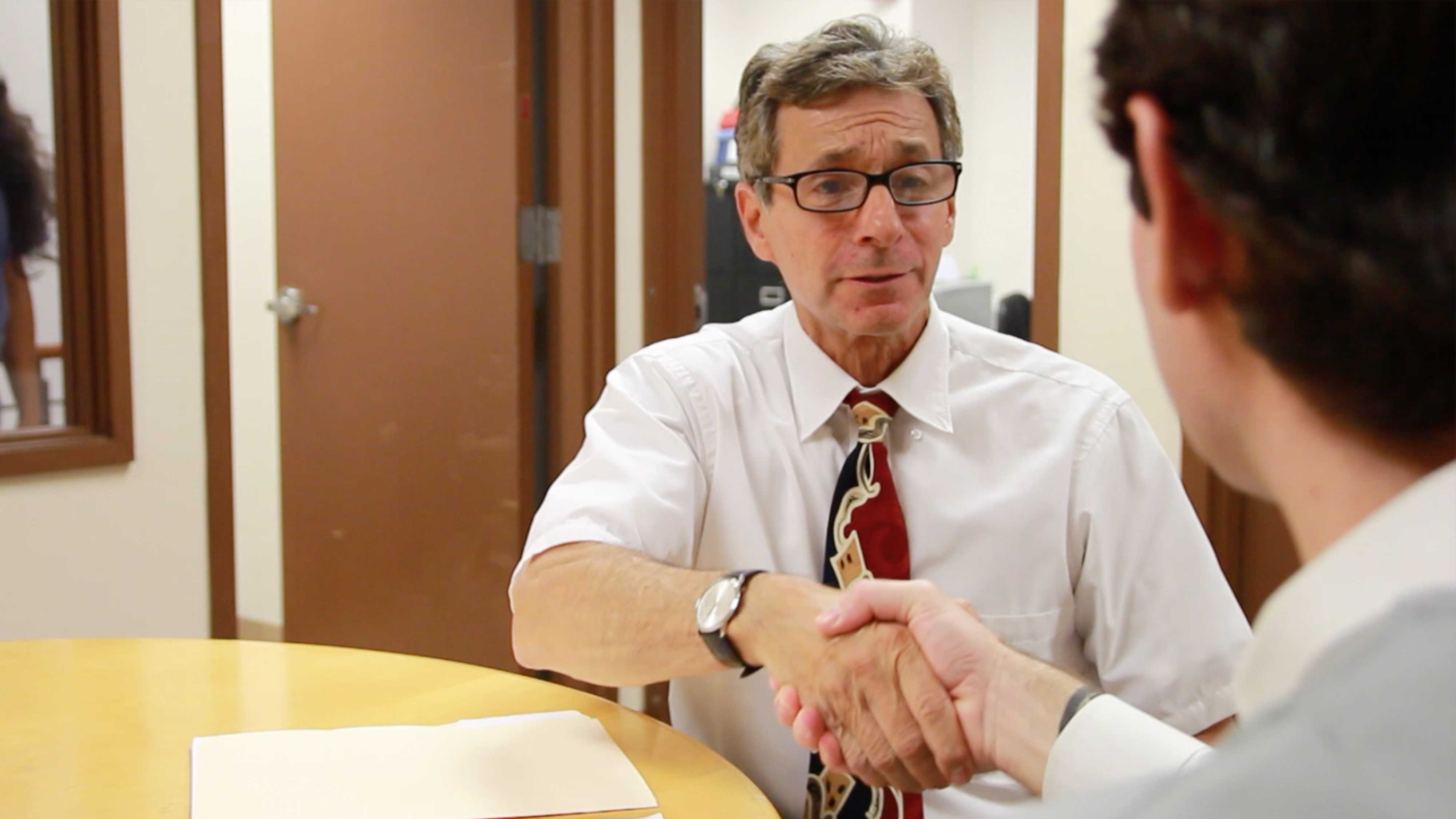
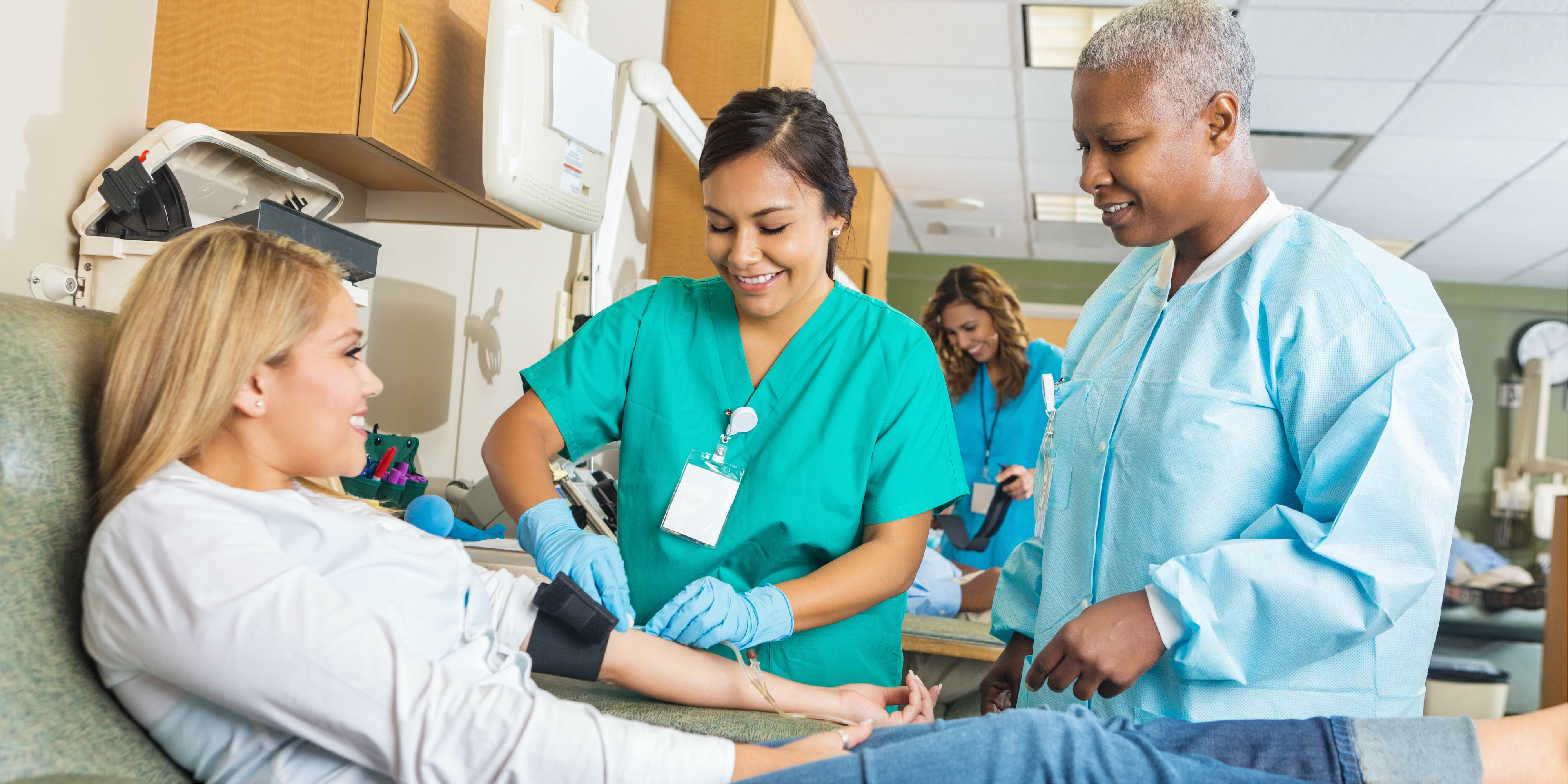
 Mandl School
Mandl School
